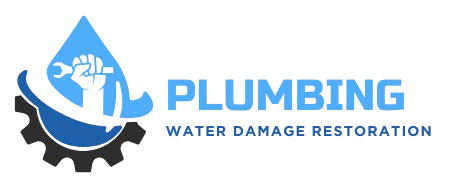Plumbing systems are often damaged by something homeowners don't necessarily think is a risk: hard water. Home plumbing is also at risk from hard water, which delivers high concentrations of minerals like calcium, magnesium, and carbonates. Hard water leads to the accumulation of limescale in pipes. Limescale reduces the efficiency of water flow, and that's a problem in itself. But as hard water and limescale threaten flow efficiency, they also do something far more dangerous: they increase plumbing system pressure. And as we all know, when pressure increases, something's got to give. Most likely, it'll be the weak points in your plumbing. Hard water, limescale, and high pressure can also affect appliances, especially "hot box" units like water heaters. Despite these obvious connections, hard water isn't always seen as a serious threat to the plumbing infrastructure.
The regular upkeep of plumbing systems is key to meeting the difficulties that hard water creates. One efficient way to counteract the buildup of limescale is to install a water softener. Such a device removes the surplus minerals from the water supply and prevents scale from forming within the pipes. It might be equally said that the installation of such a device would lessen the chances of an appearance claim being made against the manufacturer of these pipes. Nonetheless, in all seriousness, there are a number of things that a conscientious upstairs neighbor can do to help the downstairs neighbor avoid the sudden appearance of too much limescale. These include: water softeners, regular checks by a professional plumber, and the use of environmentally safe and friendly cleaners to remove scale from inside the appliances.
If not caught early, hard water can create a number of day-to-day problems for people, especially concerning their plumbing systems. However, it can also affect other areas of life. For one, hard water leaves a filmy residue on all your bathroom surfaces that looks an awful lot like soap scum. And while you might think that calling in the professionals to give your bathroom a good scrub would be sufficient for solving this particular problem, that might not be the case.
When it comes to personal care, hard water can leave hair and skin feeling dry and as difficult to manage as a hard leather work glove. Addressing hard water issues is not just about preserving plumbing; it's also about increasing comfort and convenience in your home. Solutions are out there. Water conditioners, for instance, can go a long way in ensuring much better water quality throughout your home.










